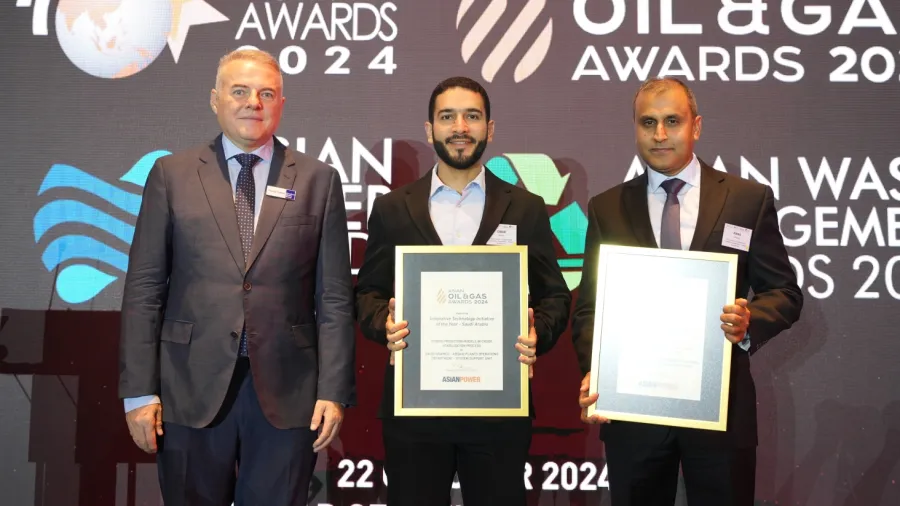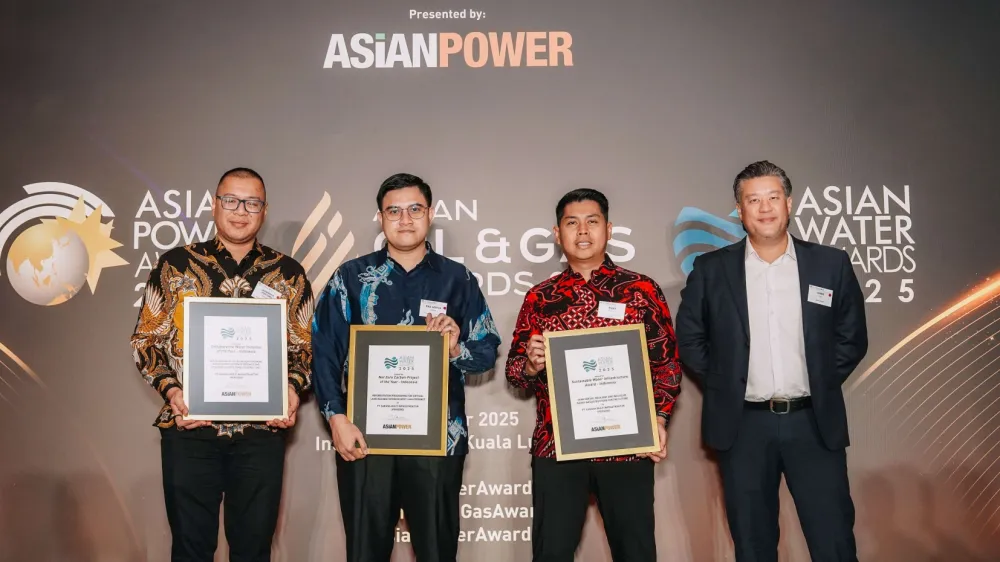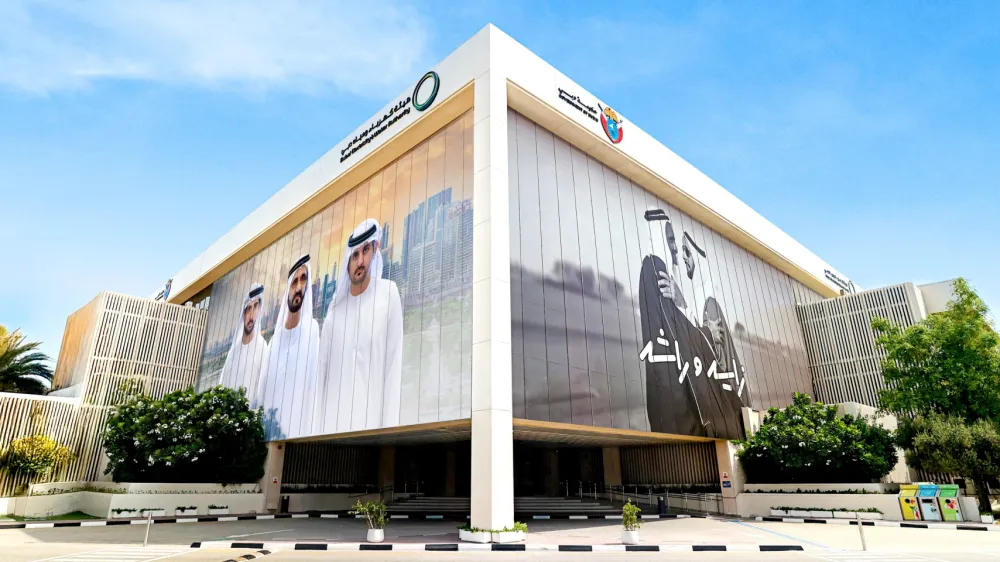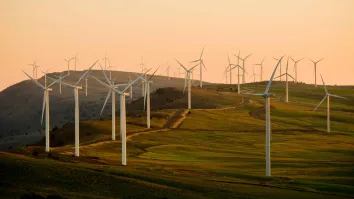
Saudi Aramco’s Abqaiq Plants Operations Department – System Support Unit triumphs at Asian Oil & Gas Awards 2024
The company is pioneering hybrid prediction models to deliver energy optimisation and carbon reduction success.
Saudi Aramco’s Abqaiq Plants Operations Department – System Support Unit has been honoured with both the Innovative Technology Initiative of the Year - Saudi Arabia and the Net-Zero Initiative of the Year - Saudi Arabia at the 2024 Asian Oil & Gas Awards. These honours recognise their groundbreaking work in developing hybrid prediction models within the crude stabilisation process, driving both operational efficiency and carbon reduction.
With a processing capacity of over 7 million barrels of crude oil daily, Saudi Aramco’s Abqaiq plant is the world’s largest oil stabilisation facility. The task of stabilising crude oil, which involves reduction in hydrogen sulfide (H₂S) Reid Vapor Pressure (RVP), is energy-intensive, with overall energy consumption accounting for around 60% of operating costs at such facilities.
Faced with the challenge of enhancing energy efficiency whilst simultaneously producing on-spec product, the Abqaiq Plants Operations Department turned to cutting-edge innovation to achieve these ambitious goals.
Accurate predictions without continuous maintenance
Crude stabilisation is an essential step in ensuring the safe transport and storage of oil. It reduces H₂S, which makes crude “sour” and dangerous to handle, whilst also adjusting RVP to lower the likelihood of vapour formation during storage and transport. Historically, the industry has relied on laboratory analyses to monitor H₂S and RVP, a method that comes with significant limitations: low sampling rates, delays in obtaining results, and the inherent unreliability of results.
This led to excessive energy consumption, as the process was often operated conservatively to ensure product specifications were met, which in turn increased CO₂ emissions and operating costs.
Whilst online analysers for measuring H₂S and RVP could offer real-time insights, they were found to be unreliable and costly to maintain. With this, the need for a more accurate, reliable, and low-maintenance solution became clear.
The Abqaiq Plant’s Control Systems team developed a highly innovative solution: a hybrid prediction model that accurately predicts real-time H₂S and RVP levels in crude oil without requiring continuous maintenance. This novel approach, which utilises a combination of advanced data analytics and process modelling, earned the team a US patent for “Generating a Soft Sensor for Crude Stabilization in the Petroleum Industry.”
Advanced process control for real-time optimisation
The result of the soft sensor hybrid model is a highly accurate and reliable real-time measurement of H₂S and RVP, ensuring that the crude stabilisation process operates with optimal energy efficiency. It also allows Saudi Aramco to reduce the amount of excess energy required, minimising the overall energy consumption and lowering CO₂ emissions without compromising safety or product quality.
The hybrid prediction models feed directly into the Abqaiq Plant’s Advanced Process Control (APC) system, which enables real-time optimisation (RTO) of the crude stabilisation process. By delivering precise, real-time data on H₂S and RVP levels, the APC system can adjust operational variables dynamically, reducing process variability and allowing the plant to operate closer to its optimal setpoints.
The impact of this technology innovation is profound. By improving the accuracy and reliability of H₂S and RVP measurements, the Abqaiq Plant has achieved significant energy savings. Moreover, the hybrid prediction model has contributed to a 10% reduction in the plant’s energy intensity and a 5% reduction in CO₂ emissions. This energy optimisation initiative has not only driven operational efficiencies but also aligned with Saudi Aramco’s broader objectives of reducing its environmental footprint and working towards net-zero emissions.
Saudi Aramco’s recognition at the Asian Oil & Gas Awards 2024 underscores its leadership in both technological innovation and sustainability in the global energy sector. By pioneering hybrid prediction models in crude stabilisation, the Abqaiq Plants Operations Department has demonstrated how advanced technologies can be leveraged to address critical industry challenges, drive efficiency, and make significant strides towards net-zero carbon emissions.
The Asian Oil and Gas Awards recognises companies that have risen above various challenges and remained steadfast despite a very challenging environment. It further honours those with successful strategies and initiatives in adapting to the new reality and those that push for digital transformation.
The Asian Oil & Gas Awards is presented by Asian Power Magazine. To view the full list of winners, click here. If you want to join the 2025 awards programme and be acclaimed for your company's outstanding contributions and initiatives in the oil and gas sector in Asia, please contact Danica Avila at [email protected].



















 Advertise
Advertise







